SUMMARY
This is AI generated summarization, which may have errors. For context, always refer to the full article.
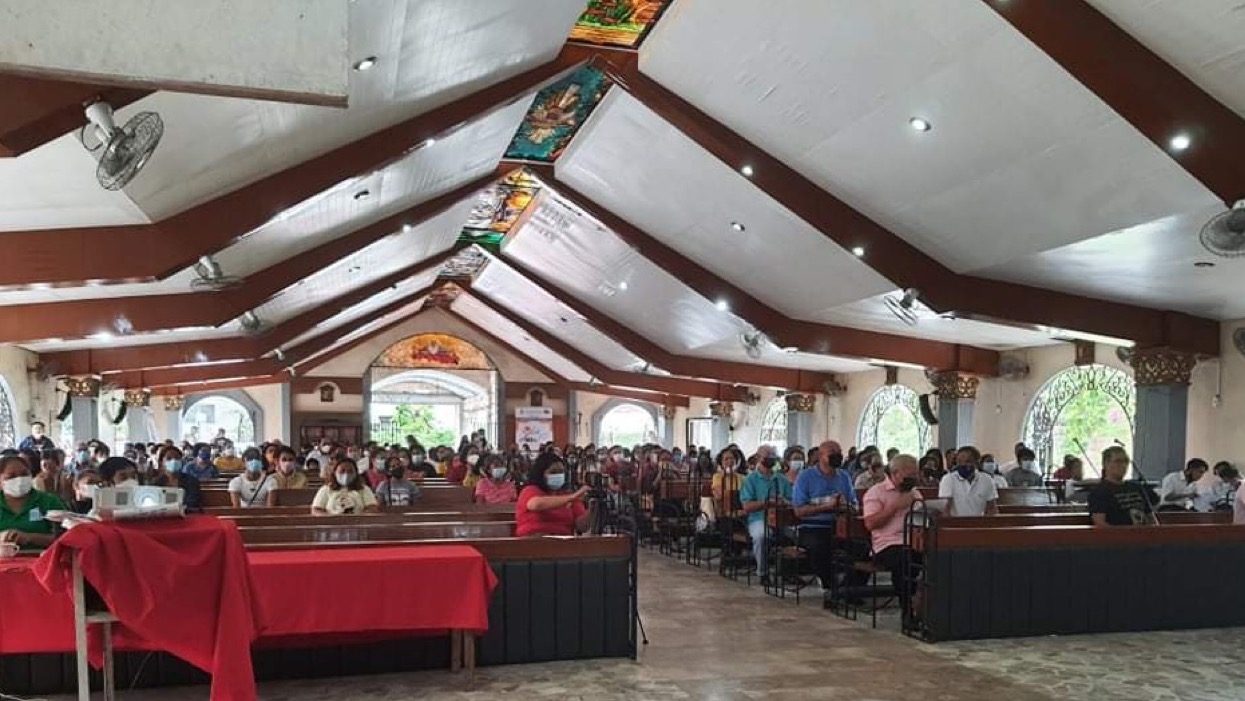
More than 200 lay leaders from 20 parishes, schools, and religious groups from the Bacolod Diocese in Negros Occidental on Tuesday, January 25, announced their support for Vice President Leni Robredo’s presidential run.
The release of the statement, written in Ilonggo and signed by Ma. Lina Ganaba, Ma. Rosario Sola and retired fiscal Millie Maglasang, came after the laity’s January 24 assembly at the Holy Family parish church in City Heights, Bacolod City.
The statement explained the laity’s choice for Robredo, who handily trounced Ferdinand Marcos Jr. in Negros Occidental during their 2016 vice presidential contest.
It gave four main reasons, including her “clear platform agenda for the poor and the oppressed, and for righting injustices; and her track record of empowering communities to face challenges, including COVID-19, drugs, and even the West Philippine Sea.
The statement also cited her Christian character, competence, and experience in governance.

Cheers for Leni
Parish priest Fr. Greg Patino said 223 lay leaders attended a symposium, which included a talk on the national situation by political analyst Ramon Casiple.
“It gave the opportunity to discuss the country’s current economic and political situation,” Patino told reporters.
Casiple did not encourage any political choice, said Fr. Armand Onion, who was also at the symposium.
“After the discussion, they (laity) decided to stay on a talk about their role, how they can be involved in something that could change the fate of the country,” Patino said.
“Then they decided by viva voce, where the names of the presidential candidates were called,” he added.
Patino said Ferdinand Marcos Jr. and Manila Mayor Isko Moreno received no votes, while Senators Manny Pacquiao and Panfilo Lacson had one vote each.
“Then when Leni’s name was called, all the rest raised their hands, cheered and clapped,” the priest said.
“They decided right there and then to come out with a statement,” he added.
Discernment process
The statement was read in front of Bacolod Bishop Patricio Buzon in a separate clergy-only forum on Tuesday, January 25.
While the Catholic Church in the country takes strong positions on issues, it traditionally stays away from partisan endorsement.
But Onion said synodality, or the process of discernment that involves the laity, also means that clergy need to listen to the faithful, especially in times of great ferment and challenges.
The laity also discussed challenges faced by parishes and communities and their role in bringing the Church closer to the people.
The move for a symposium, Onion said, comes from the Catholic Bishops Conference of the Philippines “Cathechesis on Church and Politics”.
The two priests said any institutional endorsement will need the bishop’s nod.
Onion said they did not expect an immediate response from Buson. The bishop will also listen to views from the clergy before or during the diocese recollection for priests in February.
“Majority of priests are for Leni,” Onion said. “But we also need to listen to our people first and then we need to discuss this with the bishop.”
The clergy in Negros Occidental have been known for fierce political campaigns for economic and social justice.
The late Bishop Antonio Fortich, who won the 1973 Ramon Magsaysay Award for public service, thundered against the human rights violations of the Marcos dictatorship.
He created the Catholic Church’s Social Action Committee and persuaded Pope John Paul II to visit Negros Occidental during his 1981 visit to highlight the glaring social divide that had made the province a laboratory of both rebellion and repression. – Rappler.com
Add a comment
How does this make you feel?





![[Newspoint] Improbable vote](https://www.rappler.com/tachyon/2023/03/Newspoint-improbable-vote-March-24-2023.jpg?resize=257%2C257&crop=339px%2C0px%2C720px%2C720px)
![[Newspoint] 19 million reasons](https://www.rappler.com/tachyon/2022/12/Newspoint-19-million-reasons-December-31-2022.jpg?resize=257%2C257&crop=181px%2C0px%2C900px%2C900px)
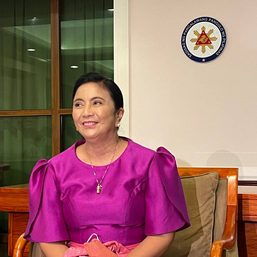


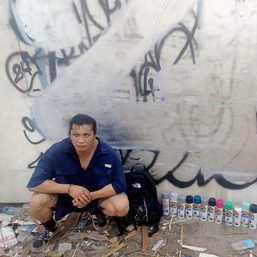
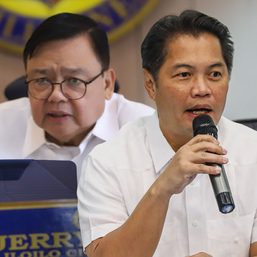
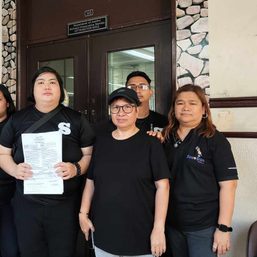
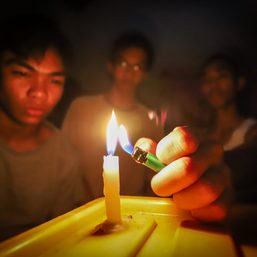
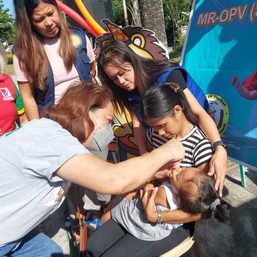
![[OPINION] Sara Duterte: Will she do a Binay or a Robredo?](https://www.rappler.com/tachyon/2024/03/tl-sara-duterte-will-do-binay-or-robredo-March-15-2024.jpg?resize=257%2C257&crop_strategy=attention)
![[New School] Tama na kayo](https://www.rappler.com/tachyon/2024/02/new-school-tama-na-kayo-feb-6-2024.jpg?resize=257%2C257&crop=290px%2C0px%2C720px%2C720px)
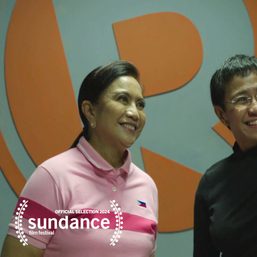
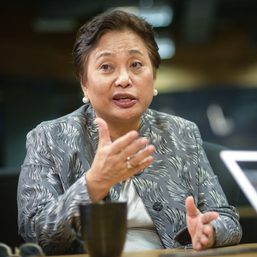
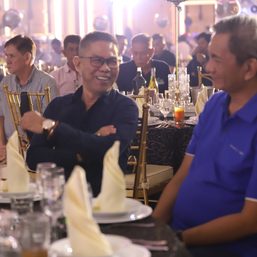
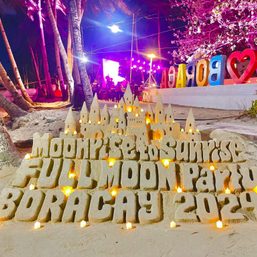

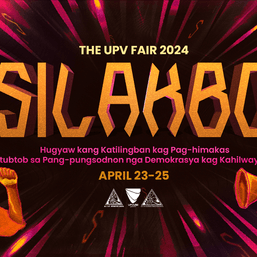
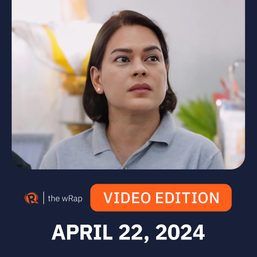
There are no comments yet. Add your comment to start the conversation.